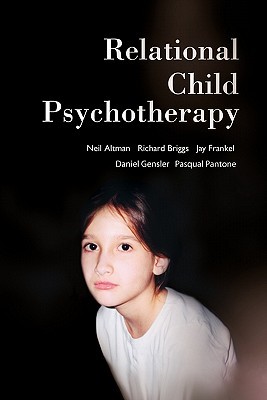
- We will send in 10–14 business days.
- Publisher: Other Press (NY)
- Year: 2010
- Pages: 426
- ISBN-10: 159051422X
- ISBN-13: 9781590514221
- Format: 15 x 22.6 x 2.5 cm, softcover
- Language: English
- SAVE -10% with code: EXTRA
Relational Child Psychotherapy (e-book) (used book) | bookbook.eu
Reviews
Description
The relational and the developmental point of view have never been brought together in an adequate way. This up-to-date scholarly, yet practical, integration opens a new vista within relational psychoanalysis and pioneers a fresh approach in the psychoanalytic treatment of children and adolescents. It is a work of great and lasting value to the field.
--Peter Fonagy
EXTRA 10 % discount with code: EXTRA
The promotion ends in 21d.00:28:57
The discount code is valid when purchasing from 10 €. Discounts do not stack.
- Publisher: Other Press (NY)
- Year: 2010
- Pages: 426
- ISBN-10: 159051422X
- ISBN-13: 9781590514221
- Format: 15 x 22.6 x 2.5 cm, softcover
- Language: English English
The relational and the developmental point of view have never been brought together in an adequate way. This up-to-date scholarly, yet practical, integration opens a new vista within relational psychoanalysis and pioneers a fresh approach in the psychoanalytic treatment of children and adolescents. It is a work of great and lasting value to the field.
--Peter Fonagy


Reviews